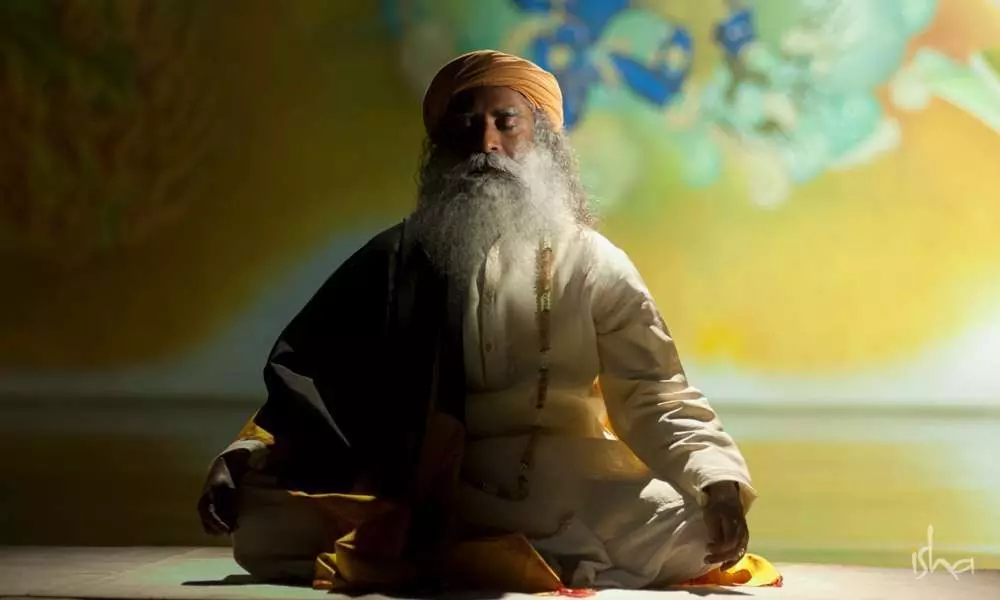Harvard Study Reveals Ancient Yogic Silence May Reverse Brain Aging by Six Years

Can ancient yogic silence make your brain younger? New research by scientists from Harvard-affiliated institutions suggests it just might.
In a world frantically chasing productivity hacks and brain supplements, a quiet revolution is unfolding in the foothills of Tamil Nadu, where seekers immerse themselves in an eight-day silent retreat known as Samyama, designed by spiritual teacher Sadhguru. According to a new study conducted by researchers at Massachusetts General Hospital and Beth Israel Deaconess Medical Center, this advanced meditation programme could be reversing brain ageing.
Using sleep-based EEG technology – a non-invasive method that tracks electrical activity in the brain – the researchers found that long-term meditators who had completed the Samyama retreat showed brain ages nearly six years younger than their actual age. The study, published in the peer-reviewed journal Mindfulness, offers what its authors call “compelling evidence” that deep yogic practices can preserve cognitive youth.
Dr Balachundhar Subramaniam, co-senior author and a long-time anaesthesiologist studying consciousness, remarked, “It’s inspiring to see traditional yogic practices stand up to scientific scrutiny. Samyama, combined with preparatory practices like Shambhavi Mahamudra and Shakti Chalana Kriya, may offer a path to long-term brain health."
But what exactly is Samyama? Far from a weekend wellness retreat, this is an intensive silence-based programme requiring months of preparation — including a vegan diet, daily yogic practices, and internal discipline. Participants commit to a 40-day prelude involving breathwork, physical postures, and meditative kriyas, culminating in the immersive eight-day experience at the Isha Yoga Centre.
Earlier studies by universities such as Harvard Medical School, the University of Southern California, and Indiana University have already credited the broader Inner Engineering programme — a foundation for Samyama — with reducing stress, improving sleep quality, and enhancing mental well-being.
“This isn’t just about relaxation,” said Dr Saketh, senior research fellow at the Centre for Consciousness Studies, NIMHANS, who has conducted his own studies on Isha Yoga using MRI and EEG scans here on Friday. “We’ve seen a distinct neurological pattern – an increase in both theta and beta wave activity – that suggests a unique state of relaxed alertness. These individuals report less anxiety, deeper emotional balance, and a consistent sense of inner ease.”
The team employed a Brain Age Index (BAI), a scientifically validated marker linked to dementia risk and cognitive decline. By measuring the meditators' brain activity during sleep using EEG headbands, they found that the group had significantly “younger” brain signatures compared to non-meditators.
Beyond the numbers, the testimonies are telling. Many of the participants reported feeling mentally sharper, emotionally steadier, and even more connected to others — a stark contrast to the usual profile of ageing minds grappling with isolation and cognitive fatigue.
The findings may hold implications not just for personal well-being, but also for public health strategies seeking low-cost, non-pharmacological approaches to mental health and neurodegenerative conditions.
While more research is needed to understand the underlying mechanisms, one thing is clear: the centuries-old path of silence, discipline, and inner exploration might just be the brain’s best-kept secret.
